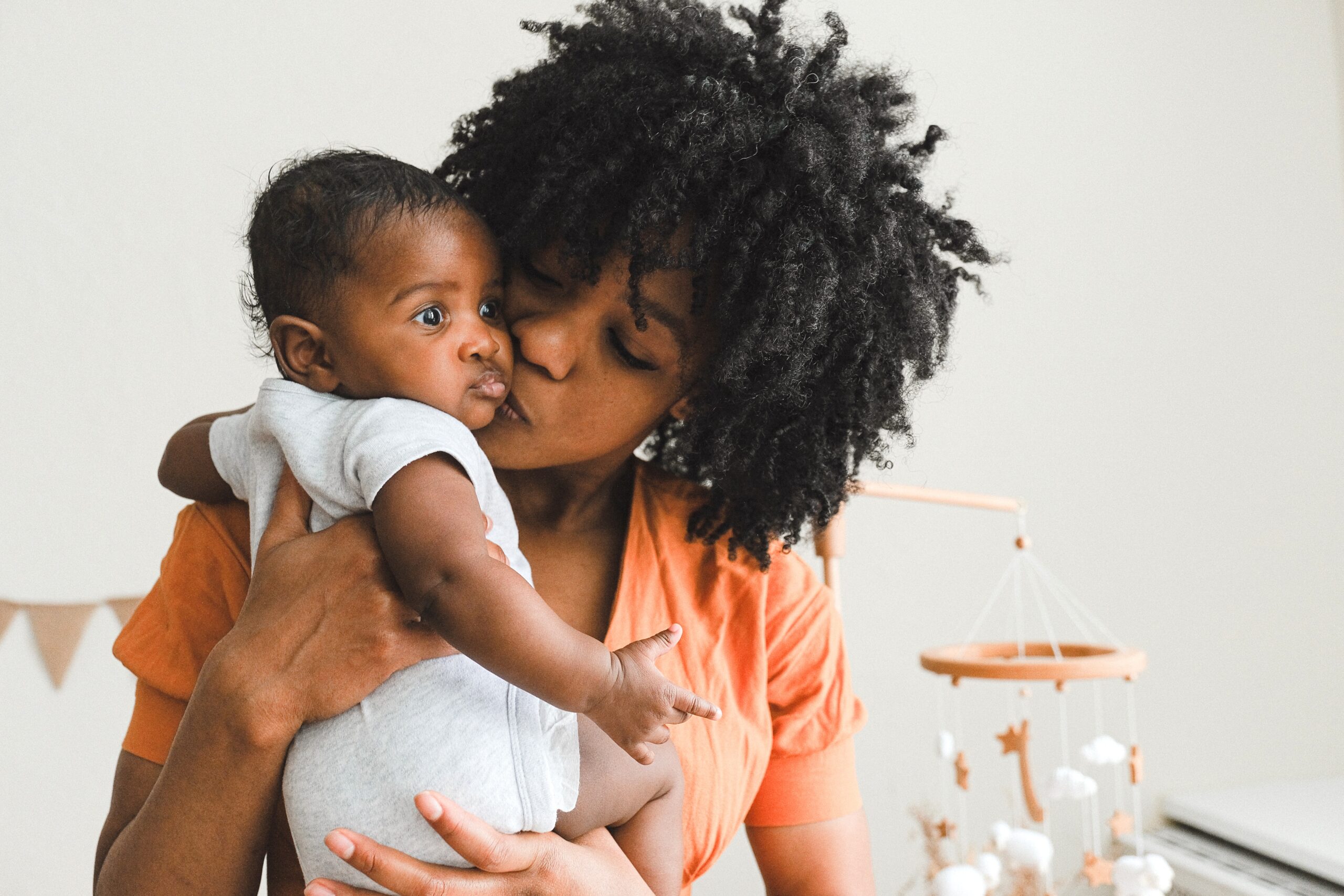The process of becoming a mother is an often complicated experience filled with a range of emotions. Matrescence, coined by the medical anthropologist Dana Raphael, is a complex time in a mother’s life when she is going through hormonal, physical, emotional, psychological, and neurological changes. These changes are simultaneously happening all while caring for a new life.
A mother is her newborn’s number-one source of food, comfort, and safety. Matrescence is usually the most challenging for mothers in the 4th trimester, or the first three months after delivery, but it never disappears. After giving birth, a mother physiologically changes forever. Sometimes, the postpartum period can be so difficult that new mothers may develop mental health issues.
Abigail Makepeace, LMFT, who focuses on parenting with postpartum mental health disorders, tells 21Ninety that the conversation around matrescence is non-existent because our feelings around motherhood are about survival, not healing.
“A woman’s brain changes when she’s pregnant. There are a lot of hormonal and developmental changes in our brains. Some believe it’s the most malleable it’s ever been,” Makepeace said.
While a woman is pregnant, her brain is permanently changing to adapt to her new baby, to bond with the new baby and understand the baby’s cues. For the baby’s survival, a mother’s brain changes to develop a hyper-awareness and sensitivity to the baby’s needs.
“This is part of becoming a mother. A lot is going on. Our brain is changing to be the best we can be for our children, but we don’t have a society that leaves space for what mothers need. We don’t have a culture that caters to mothers’ needs,” said Makepeace.
The Disparities in Motherhood
Women of color, in particular, have a different birthing experience than their white counterparts, exposing them to a higher risk of developing anxiety and portpartum depression. But speaking about mental health issues in motherhood remains taboo.
“[As women of color] from a young age, we’ve learned to adapt. We must see how to fit in where we can and not be threatening, not be the problem. There’s always this energy around having to fight through it, be stronger,” Makepeace explained.
She says that cultural factors also impact how a new mother can misinterpret or ignore her mental health status.
“Sometimes, it’s passed down from slavery and other things. And women have been taught to just fight through it. There’s also a misconception that because women can give birth, they should ‘naturally’ be able to be fine,” Makepeace says.
Society’s expectation of a woman to bounce back after birth is not only unrealistic, it’s also harmful. The US birth rate keeps decreasing because mothers with babies don’t feel supported. The latest Motherly Motherhood Survey reflects mothers’ difficulties adjusting to their new lives and responsibilities. Forty-six percent of mothers say they worry about their mental health, fifty-eight percent are responsible for household duties and caring for their children, and eighty percent have financial concerns. Aside from caring for a newborn, healing the wounds from delivery, and maneuvering through personal and professional matters, motherhood is taking a toll on women.
The Need for Dialogue
In addition to the unexpected changes motherhood can bring, there are mental health issues that every mother is very vulnerable to during the postpartum period. Besides the common postpartum mental health issues like postpartum depression and psychosis, there is also postpartum anxiety which is excessive worrying about your baby. Parental Post-traumatic Stress Disorder (PPTSD), a new term coined by Makepeace, is experiencing extreme depression and anxiety while also experiencing triggers.
“You can have a trigger, and you may not understand that what you’re experiencing is a trigger. You may interpret it as shame, failure, or thinking you’re not good enough. It’s so sad when there isn’t awareness of what is happening,” Makepeace explained.
While society has yet to catch up to serving and supporting new mothers, women also have a responsibility to themselves and their babies to speak up about what they’re experiencing. Makepeace adds that for women of color, the challenges are emphasized.
“Especially if you’re a woman of color, you’re going to feel hesitant telling your doctor ‘I am having intrusive thoughts,'” Makepeace said. “There isn’t an inviting space for women to be able to share what they’re truly experiencing. And we have to provide education and information. There’s nothing wrong. It feels hard because it is hard.”
